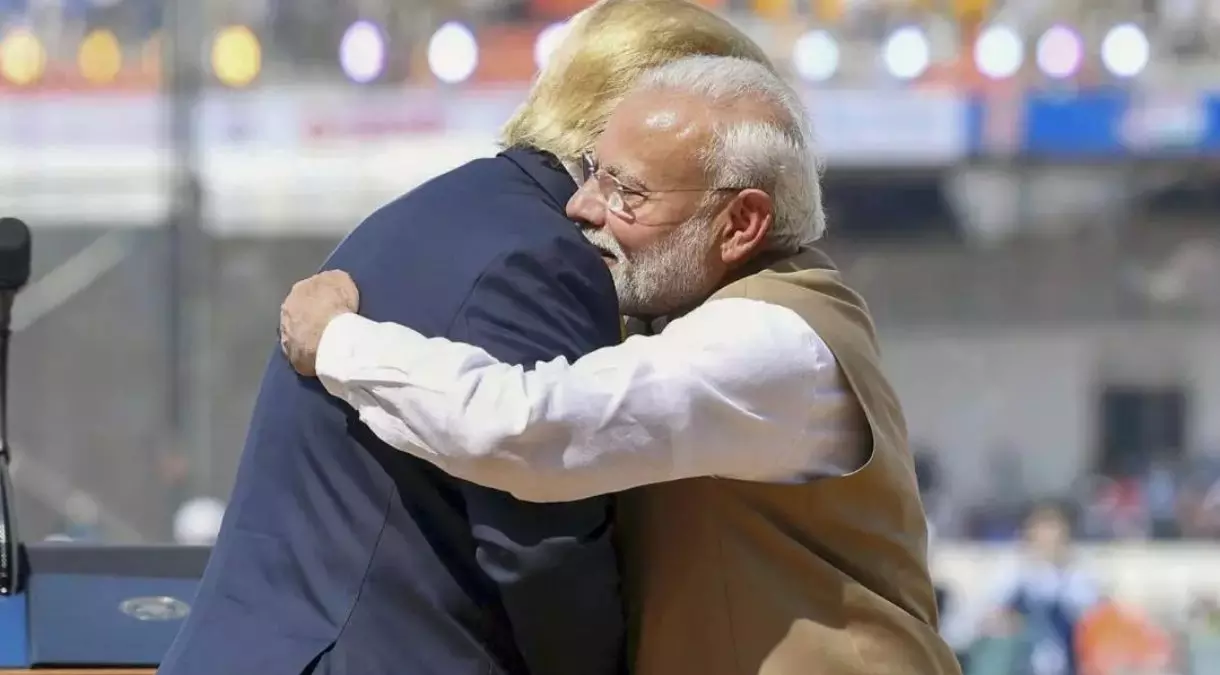Gaza Truce Shocker: Israel, Hamas Ink 'First Phase' Deal, World Reacts!

An initial phase of a “peace plan” between Israel and Hamas has been agreed upon, pausing hostilities in Gaza and offering the strongest hope yet for a definitive end to a bloody two-year conflict. This protracted conflict has resulted in tens of thousands of deaths, destabilized much of the Middle East, and sparked protests globally. The agreement, announced by Donald Trump on his Truth Social network, marks a significant diplomatic moment.
The core of this first phase includes the release of all hostages held in Gaza and Israel’s withdrawal of troops to an agreed-upon line, setting the stage for what Trump termed a “Strong, Durable, and Everlasting Peace.” Hamas confirmed its agreement to the US president’s proposal, which also encompasses a hostage-prisoner exchange, with sources indicating that approximately 20 remaining hostages could be released as early as this weekend, in exchange for up to 1,700 Palestinian prisoners from Israeli jails within 72 hours of the deal’s expected signing on Thursday.
News of the agreement sparked celebrations among Palestinians in Gaza and Israelis, though both sides remained cautiously optimistic, mindful that two previous deals had failed to end the war. Israeli Prime Minister Benjamin Netanyahu welcomed the announcement as “a great day for Israel,” a “diplomatic success,” and a “national and moral victory.” Families of hostages in Tel Aviv celebrated, chanting “Nobel prize to Trump,” while Palestinians in Khan Younis expressed relief, saying, “Thank God for the ceasefire, the end of bloodshed and killing.”
Internationally, the deal was largely welcomed, though many leaders underscored the necessity for it to pave the way for a two-state solution. UN chief António Guterres called on all parties to “abide fully” by its terms. UK Prime Minister Keir Starmer hailed it as a moment of “profound relief,” emphasizing the need for full implementation and immediate lifting of humanitarian aid restrictions. European leaders, including French President Emmanuel Macron and European Commission chief Ursula von der Leyen, also stressed that the deal must be a premise for a lasting peace grounded in a two-state solution. However, Israeli Prime Minister Netanyahu has firmly rejected the concept of a Palestinian state, calling it “the ultimate reward for Hamas.”
Mediators from Qatar, Egypt, and Turkey played crucial roles in facilitating the agreement. Donald Trump’s personal involvement was central, highlighted by a dramatic moment when Secretary of State Marco Rubio passed him a handwritten note during a White House event, urging him to announce the deal first. Trump, motivated by a desire for a significant foreign policy achievement, actively pushed for the agreement, even reportedly pressuring Netanyahu to accept it, stating, “I don’t know why you’re always so fucking negative … This is a win. Take it.” He spoke of plans to travel to the region and aid in Gaza’s reconstruction.
Despite the initial agreement, immense challenges to its implementation remain. Details of the 21-point plan are still unclear, and thornier questions—such as the disarmament of Hamas, Israel’s vision for Gaza’s future, and the ultimate governance of the territory—are yet to be hammered out. Netanyahu also faces significant political pressure from far-right members of his coalition government, who have threatened to collapse the government if a ceasefire is fully implemented.
The humanitarian catastrophe in Gaza underscores the urgency of this agreement. The Israeli offensive has killed more than 67,000 people, mostly civilians, with over 170,000 injured, including an estimated 20,000 children among the dead. Much of Gaza has been reduced to ruins, leaving its people homeless and destitute. This follows the October 7 raid by Hamas militants, which killed approximately 1,200 people, mostly civilians, and led to 251 hostages being taken. Even with a surge in aid, hundreds of thousands will still lack sufficient food and shelter, and the reconstruction of Gaza will take decades.
The conflict’s regional spillover, triggering further tensions in Lebanon, Yemen, and Iran, highlights the high stakes. Regional rulers face public anger and will now need to address questions of a stabilization force for Gaza and funding its reconstruction. While previous ceasefires have been short-lived, this agreement, if fully implemented, would mark the closest the two sides have come to halting a war that has reshaped the Middle East.
You may also like...
Super Eagles Narrow Escape: Cracked Windscreen Forces Terrifying Emergency Landing Mid-Flight
)
The Super Eagles' travel to Uyo for their vital World Cup qualifier against Benin Republic has been delayed after their ...
Chelsea & Liverpool Legends Brawl: Diego Costa's Wild Foul Steals Show, Mikel Obi Shines

In a captivating Chelsea vs. Liverpool Legends charity match at Stamford Bridge, Ryan Babel scored a late winner for Liv...
Spidey-Verse Expands! 'Your Friendly Neighborhood Spider-Man' S2 Drops Fall 2026, Unveiling Venom & Gwen Stacy!

Marvel Animation announced that “Your Friendly Neighborhood Spider-Man” Season 2 will launch on Disney+ in fall 2026. Th...
Bloody Brawls & Fan Favorites Return! 'Daredevil: Born Again' Season 2 Footage Shocks MCU Fans

The highly anticipated second season of <em>Daredevil: Born Again</em> is set to premiere on Disney+ in March 2026, brin...
Questlove Accepts Peabody Trailblazer Award, Declares 'Joy Is Rebellion'

Ahmir “Questlove” Thompson was honored with the 2025 Peabody Trailblazer Award for his impactful storytelling and advoca...
Tragic Loss: Argentine Singer Fede Dorcaz Fatally Shot Before TV Debut

Argentine singer, actor, and model Fede Dorcaz, 29, was fatally shot in Mexico City in what authorities suspect was an a...
Strictly Sensation: Tess Daly Wows in Stunning One-Shoulder Dress

Strictly Come Dancing presenter Tess Daly made a stylish impression in a Karen Millen one-shoulder ruched maxi dress, in...
Literary Star Shines Bright: Oyin Olugbile Bags $100k Nigeria Prize!

Oyin Olugbile has been named the winner of the 2025 Nigeria Prize for Literature for her debut novel, “Sanya.” This pres...




